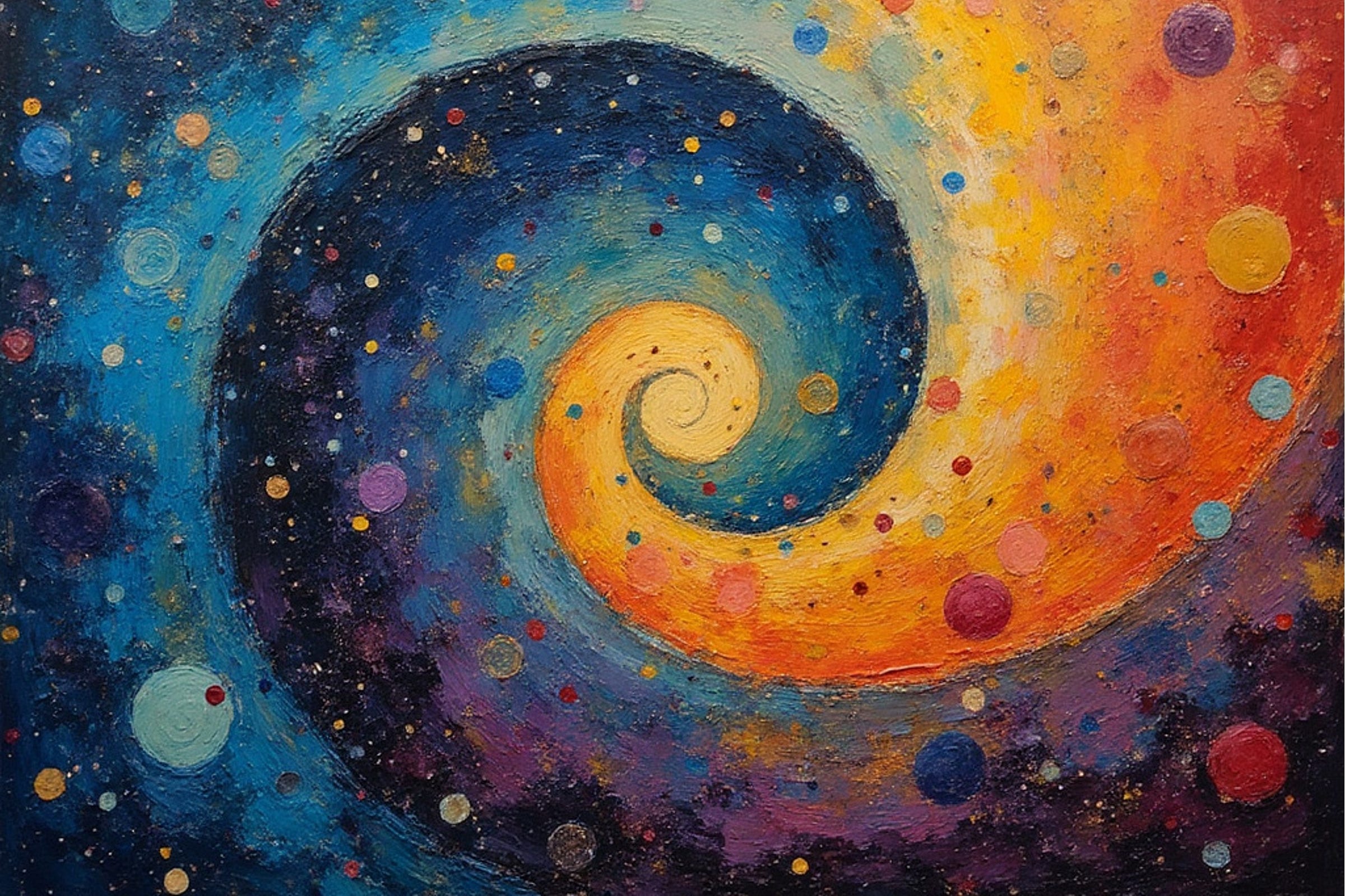In Defense of Astrology
Has science debunked astrology, or has it simply beaten the stuffing out of a straw man?
Reality’s Last Stand is a reader-supported publication. Please consider becoming a paying subscriber or making a one-time or recurring donation to show your support.
Editor’s Note
Right now, you might be wondering: What is an essay defending astrology—the favorite whipping boy of the skeptic community—doing in a publication that claims to defend science and reality? Believe me, I’m just as surprised as you are. When I saw the subject line “In Defense of Astrology” in my email, I nearly dismissed it without a second thought. Fortunately, I opened it.
Before we go further, let me clarify a few things.
While the name of this publication—Reality’s Last Stand—might suggest that everything I approve for publication represents The Truth™, that is far from the case. Promising such would be an unkeepable promise to my readers. I am neither omniscient nor an expert in everything. Reality is complex, and truth is often elusive.
Truth-seeking is not accomplished by finding certain people or publications you trust to tell you what’s true. Rather, it’s a challenging and unending process that requires deep humility, a willingness to engage with diverse perspectives, question your own assumptions, and remain open to the possibility that what you believe may be incomplete or even completely wrong.
Reality’s Last Stand aims to assist readers in this truth-seeking process. To that end, I’ve published a symposium on preferred pronouns featuring eight widely different perspectives, essays for and against the thesis that the decline in Christianity and the era of New Atheism caused wokeism, and I am currently facilitating articles from experts on autogynephilia to offer more perspectives than what RLS has featured thus far on the topic. This will be a regular occurrence.
Last week, I republished an article from Clear Thinking summarizing new research that thoroughly debunked the predictive validity of birth-chart astrology. The essay you are about to read is a response to that article. However, I am not publishing this response merely because it is a response. I maintain standards, requiring that arguments be made in good faith and argued competently. I believe the following essay meets these standard and offers a nuanced perspective that many self-proclaimed skeptics have yet to encounter and consider.
I encourage readers to set aside their preconceptions and approach the article below with an open and charitable mind. That’s what I did, and honestly, I am still sorting through my thoughts on it.
So, without further ado, I hope you enjoy the essay.
Colin
About the Author
Shannon B Douglas has had a lifelong interest in mythology, storytelling, and psychology and spent more than thirty years studying sacred stories and wisdom traditions. In his day job he uses stock charts and tables attempting to predict the future. As a financial analyst, he admits we’re about as good at that as we are at astrology.
Shannon is the author of Chasing Quicksilver, a self-published audio-book about the human quest for meaning and identity. Follow him on X @shannonbdouglas
“Religions are literally false, but metaphorically true.” - Bret Weinstein
“Knowing thyself is the beginning of wisdom.” – Socrates
We live in an age of strange conjunctions. The pillars of meaning-making in our society; the religious, political, academic, and economic institutions that were once trusted symbols of a shared reality are in retrograde. They still look the same, but their capture and corruption leaves us at unfamiliar crossroads. While we speculate about the religious nature of wokeness, about God-shaped holes, and increasingly, in whispers, about the nature of evil itself, the gods who gave us the miracles of the Western world are in chaotic transits.
Our institutions offer simplistic readings about the world and transmit messages to an anxious generation that their key to happiness is to look superficially at their skin color and the intersections of their oppression, and to gaze inwards for guidance from their inner, gendered souls.
I sincerely wish that we could predict where this is going, but magical thinking will not save us. Ironically, despite a recent article in Reality’s Last Stand discrediting the predictive reliability of birth-chart astrology, and despite my own aversion to wishful fantasies, I venture here a defense of its study and practice. I also confront, at least within a few degrees orbit, the numerous recent criticisms of Astrology’s close cousins; Hermeticism, Gnosticism, and Alchemy, forwarded by figures such as James Lindsay.
As we stand potentially at a cusp of radical transformation at the hands of the functionaries who now animate our once-trusted institutions, as wild as it may sound for the skeptic, it is my claim that the wisdom-seeking elements and psychological aspects of practices like Astrology and Hermeticism may provide profound utility to the individual and, by extension, to broader society in this moment of crisis.







